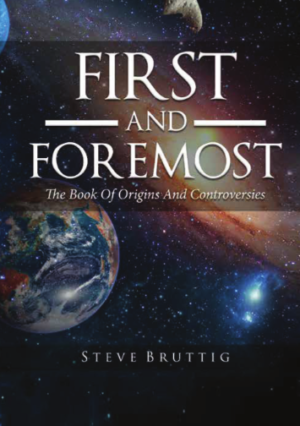$13.95
By Robert Craig
Common-Sense Philosophy uses our natural reasoning capacity that makes judgements about statements or propositions. Reasoning is a starting point, as it is impossible to prove reason using our reason. our common-sense notions are a feature of our nature. Our common-sense oes not challenge whether we can think; rather it uses our thinking in exploring important questions.
The current volume explores the four most important philosophical issues:
Common-sense philosophy has been elaborated throughout human written history. Socrates used human examples to explore concepts of justice. Jesus’ parables achieved similar effects. The Greco-Roman stoics, Epictetus and Marcus Aurelius, used common-place examples in their teaching. Thomas Reid of the Scottish enlightenment discussed the accession of knowledge by how our sense organs work. The great 20th century Christian philosopher, C. S. Lewis, lectured in common-sense language. William James and the utilitarians; and the more modern analytical philosophers employed similar techniques in their writing.
| Weight | 10.1 oz |
|---|---|
| Dimensions | 5.98 × 0.44 × 9.02 in |





2488 East 81st St. Suite 2000 Tulsa, OK 74137
Open by appointment only
Hours: Monday – Friday; 9am – 4pm
(918) 394-2665
Info@yorkshirepublishing.com